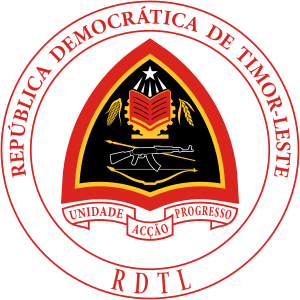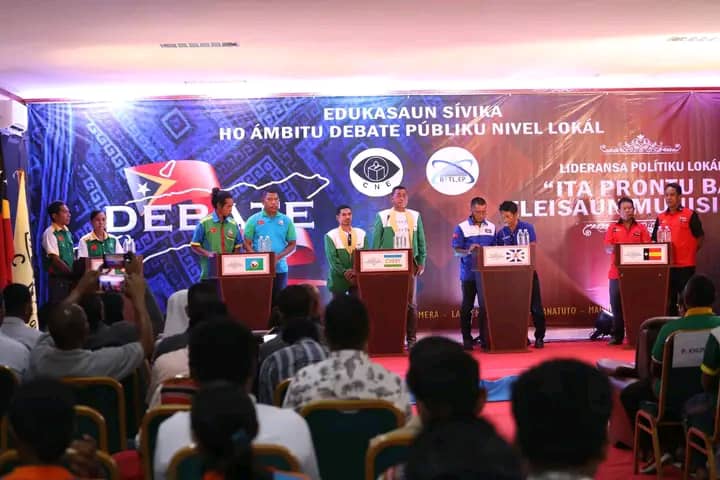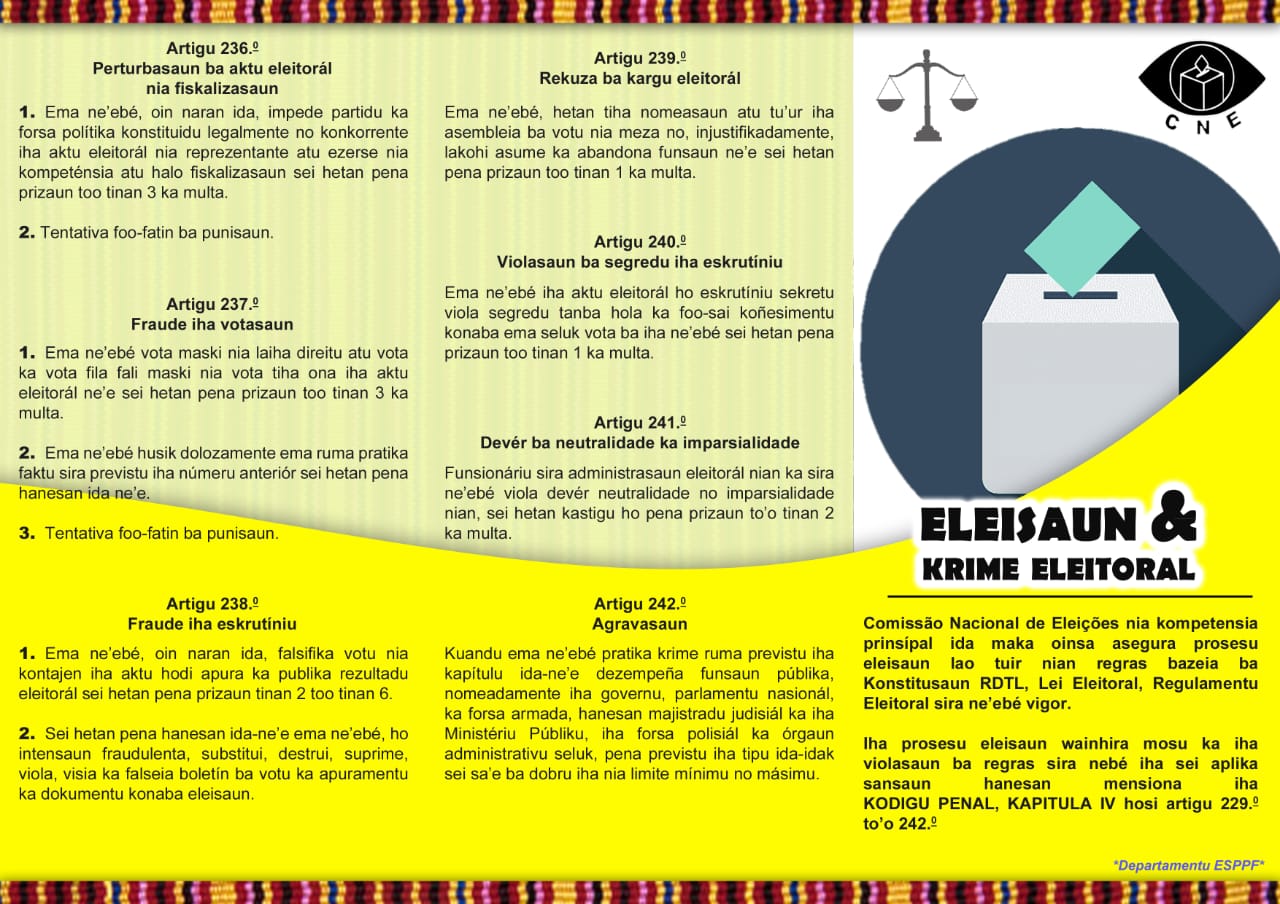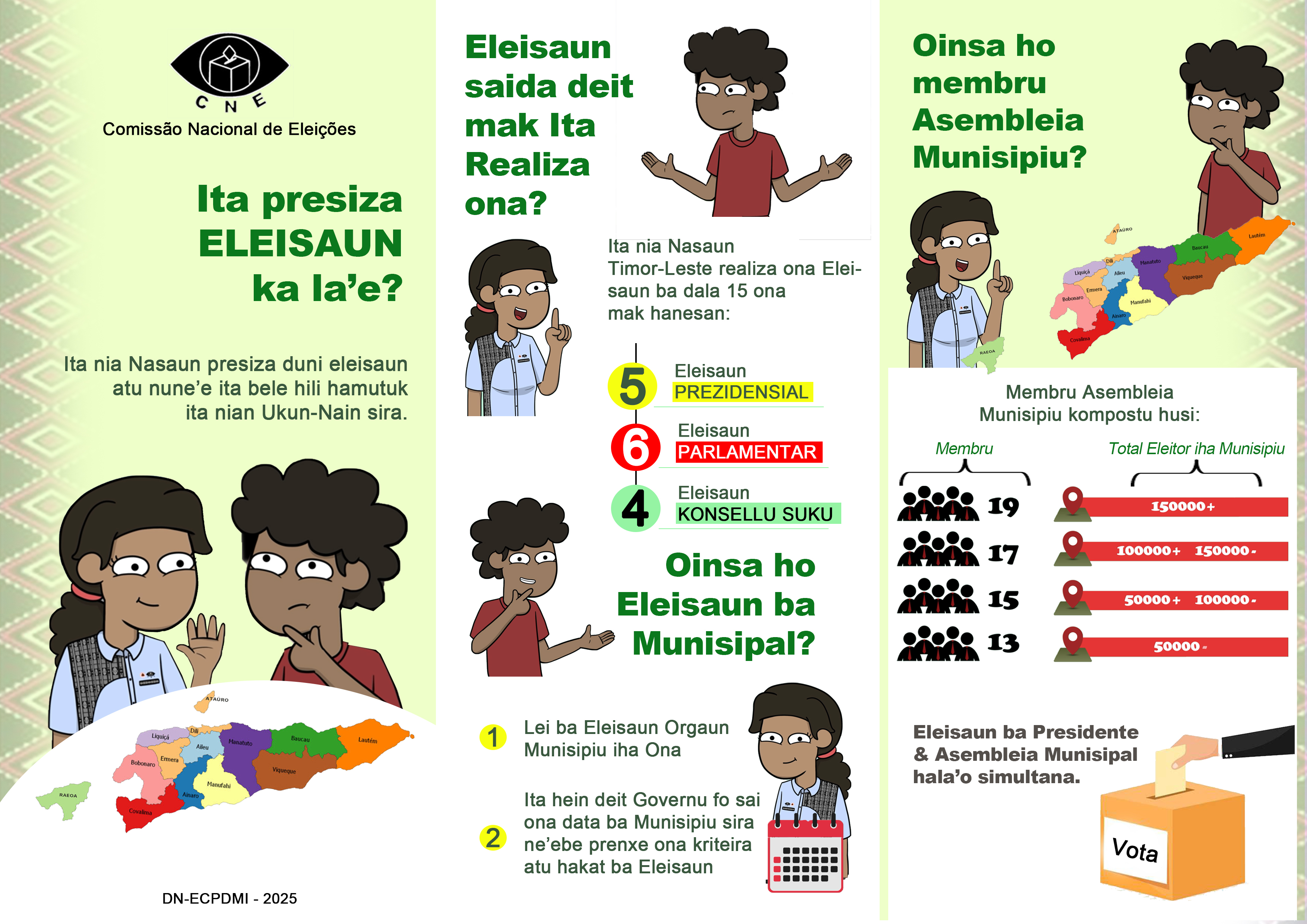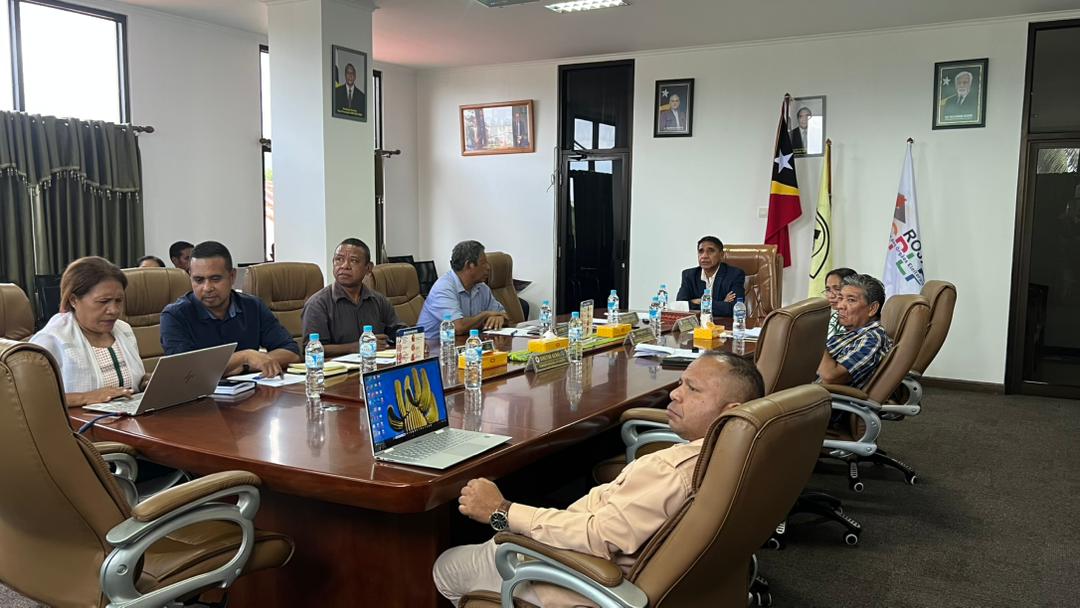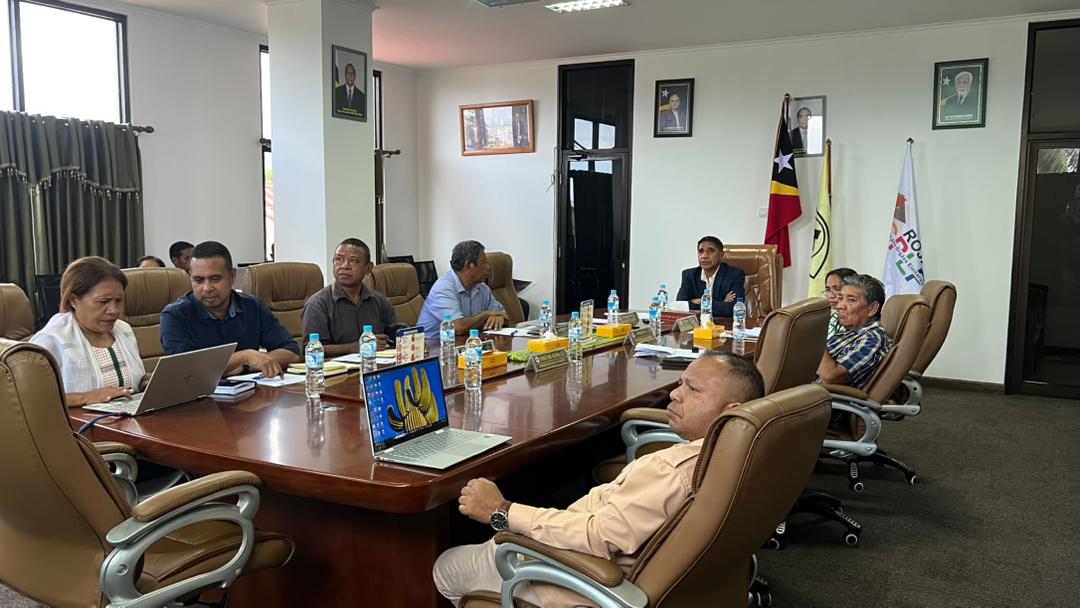Comissão Nacional de Eleições - Imparsialidade - Independensia - Transparencia
Vision
-
The CNE works collectively to consolidate the Democratic Rule of Law;
-
By providing an independent institution with credibility, adequate resources, and professionalism, the Democratic Rule of Law is consolidated, placed in the hands of the people, and demonstrated through the participation of all citizens in elections based on the principles of multipartyism, universal suffrage, and elections that are free, direct, secret, and periodic.
Mission
-
Strengthen the Democratic Rule of Law;
-
Develop multiparty democracy based on the principles established in the Constitution;
-
Create conditions to foster a sense of belonging and raise awareness for active citizen participation in the electoral process;
-
Promote and strengthen civic awareness and citizenship;
-
Ensure equal treatment for all citizens in the electoral process;
-
Develop partnerships with national and international entities to ensure the development of democracy;
-
Promote and strengthen the image and functioning of the CNE as a credible electoral body.
Competence
-
Supervise electoral registration, electoral acts, and referendums;
-
Verify the implementation of constitutional and legal provisions related to electoral registration, electoral acts, and referendums;
-
Issue opinions on draft executive regulations provided for in the OAE Law and other electoral laws to be approved by government decree, and approve codes of conduct for candidates, observers, monitors, and media professionals proposed by STAE (Technical Secretariat for Electoral Administration);
-
Promote coordination with STAE by providing citizens with objective clarification on electoral acts through the media;
-
Ensure equal treatment for all citizens in registration and in all electoral processes;
-
Guarantee equal opportunities and freedom of campaigning for candidates during the electoral campaign;
-
Evaluate and certify party coalitions for elections and lists of independent candidates;
-
Report to the Public Prosecutor's Office any act that constitutes an electoral offense (prohibited by law) as soon as it is identified;
-
i. Draft and submit to the Superior Court of Justice (TSJ) the provisional national-level results for validation, and publish the final results of general elections;
-
j. Verify the single electoral registration database;
-
k. Appoint CNE delegates to supervise municipal counting assemblies in electoral acts and referendums;
-
l. Perform other functions assigned by law.
INFORMATION
Our information
Gallery
Galleria Atividade
Partners
Contact
To know our location, see on the map
